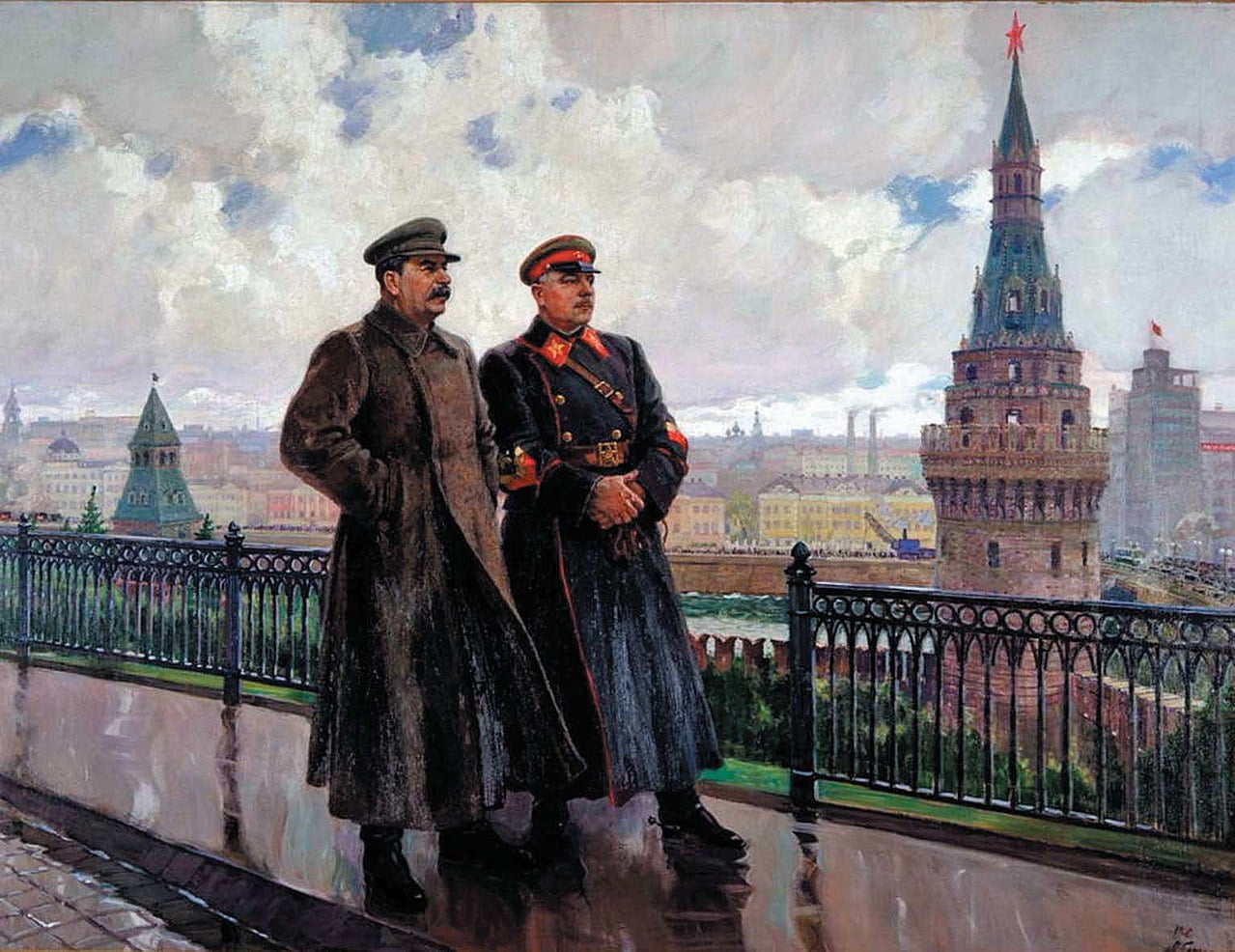For many years, the Soviet leader has been credited with the phrase that any person, if necessary, can be replaced by another. We checked whether there was evidence that Stalin said this.
Vladimir Gryzun in the text for the scientific and educational portal “Skepticism” named This phrase is Stalin's favorite saying. In 2017, Deputy Minister of Communications and Mass Communications of the Russian Federation Alexey Volin, commenting on the blocking of the Telegram messenger, stated: “As Comrade Stalin said, we have no irreplaceable people.” Two years later, Kazakh President Kassym-Jomart Tokayev mentioned this phrase during a working trip to one of the regions, and the NewReporter portal in its material named Stalin’s quote (although Tokayev himself did not mention the Soviet leader). Also in 2019, a text appeared on the website of the Moscow branch of the Communist Party of the Russian Federation, the author of which asserts: “Stalin once said: “We don’t have irreplaceable people, we only have those who haven’t been replaced.”
We were unable to find the phrase “We have no irreplaceable people” either in Stalin’s texts, or in the transcripts of his speeches, or in newspaper publications dedicated to the leader or in the memoirs of contemporaries. The quote most similar to this statement is in the report to the XVII Congress on the work of the CPSU (b), which Stalin read out January 26, 1934. Then the leader, criticizing “people with known merits in the past, people who have become nobles, people who believe that party and Soviet laws were written not for them, but for fools,” stated: “These arrogant nobles think that they are indispensable and that they can violate the decisions of governing bodies with impunity. What to do with such employees? They should be removed from leadership positions without hesitation, regardless of their past merits.”
Author of an article on the Russia Beyond website asserts, that the phrase being verified was attributed to Stalin by the Soviet playwright Alexander Korneychuk. In his play "Front" there really is There is words: “Don’t frighten, the Bolsheviks are not timid. We don't have irreplaceable people. Many frightened us, but they have long been buried in the dustbin of history. And the party is strong as steel,” but it is not Stalin who pronounces them. Perhaps the authorship was associated with the leader due to the existing opinions, that he either “ordered” this play, or edited its text.
The statement about irreplaceable people was known abroad even before Stalin’s speech and Korneychuk’s play. In 1912, Woodrow Wilson was elected as the Democratic candidate for the upcoming US presidential election. Speaking before like-minded people, the future head of state stated: “A presidential campaign can easily degenerate into a mere personal competition and thus lose its real dignity and significance. There are no irreplaceable people (“There is no indispensable man” - English). <…> People are tools.” This phrase was generally quite popular among American politicians in the first half of the 20th century: for example, in 1932 it said in one of his speeches, Franklin Delano Roosevelt, who then more than once quoted congressmen.
Despite this, such a formulation cannot be called an “invention” of Wilson or Roosevelt. During the Great French Revolution, Joseph Le Bon, in response to a letter from one of the prisoners asking for clemency, replied the phrase that “there are no irreplaceable people for the republic.” Back in 1759, similarly expressed writer Louis Antoine Caraccioli expressed his thought when he argued that in politics the key to success is habits and skills.
There is a phrase that is close to the supposedly Stalinist phrase “Cemeteries are full of irreplaceable people,” but it does not apply to the Soviet leader either. In the middle of the last century it was often attributed to French politicians - then Georges Clemenceau, That Charles de Gaulle. The authors of the Quote Investigator portal, in the course of their research, found that, apparently, this statement appeared thanks to the American writer of the early 20th century Elbert Hubbard.
With all of the above, we note that the phrase being analyzed is quite simple, and its main idea is trivial. Most likely, we are not talking about its borrowing by some historical figures from others. There is probably an independent occurrence of the phrase in one place or another under rather dissimilar circumstances.
Incorrect quote attribution
- The Graveyards Are Full of Indispensable Men
- Did Stalin say: “No man, no problem”?
- Did Stalin say: “The son is not responsible for his father”?
- Is it true that Stalin is the author of the phrase “It doesn’t matter how they voted, it’s important how they counted”?
If you find a spelling or grammatical error, please let us know by highlighting the error text and clicking Ctrl+Enter.






